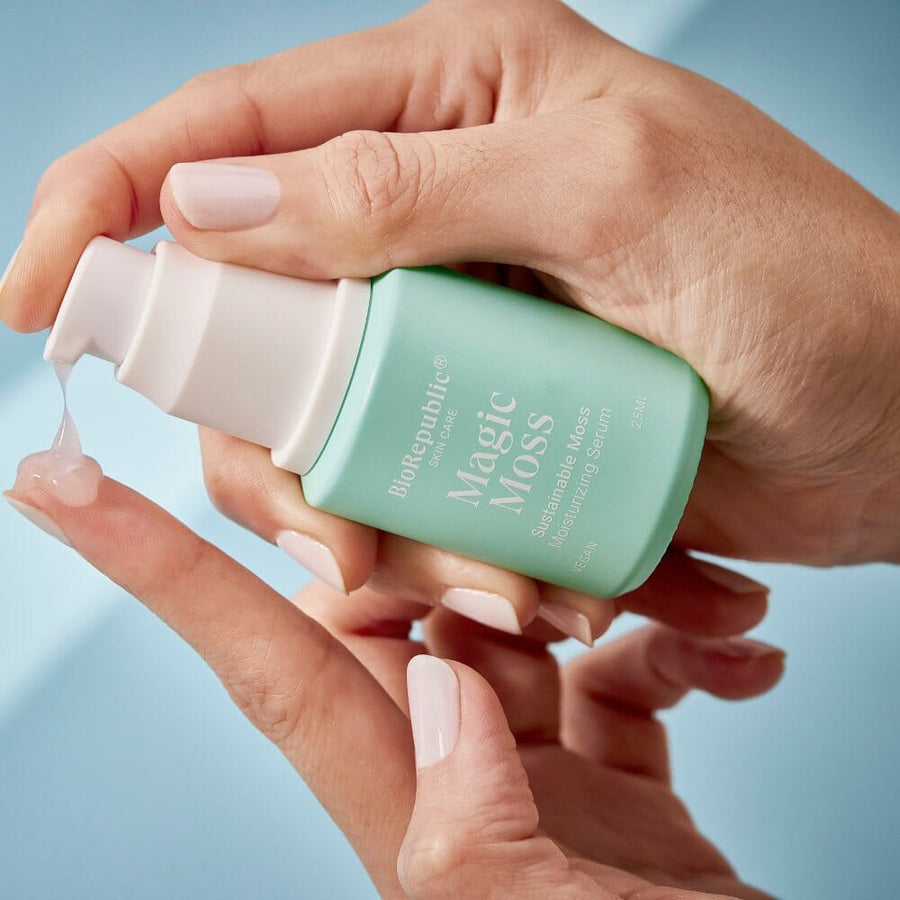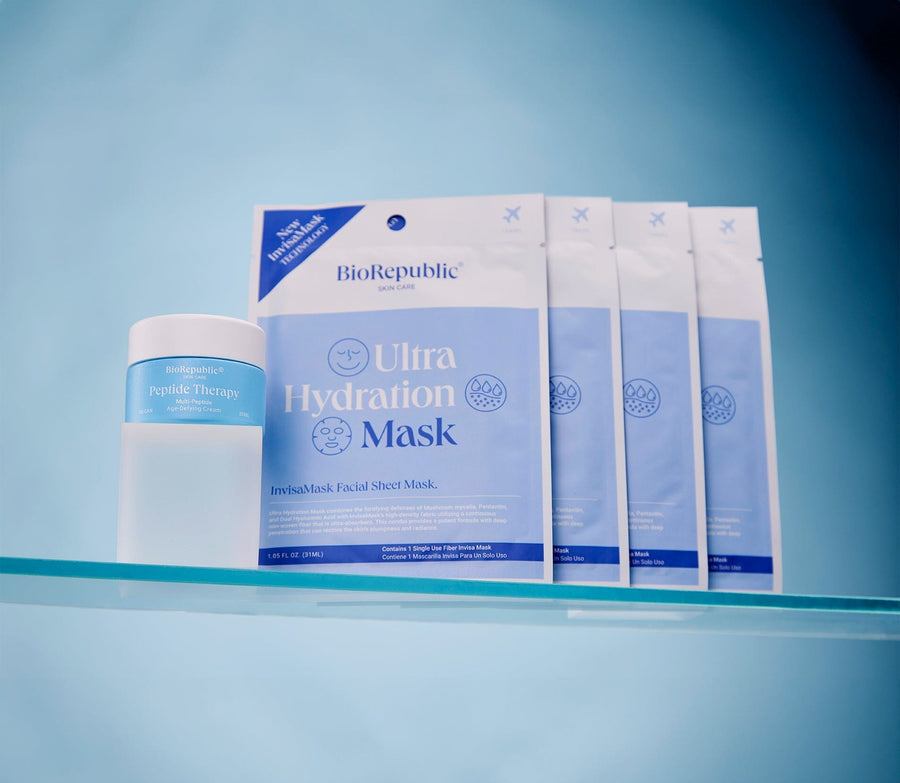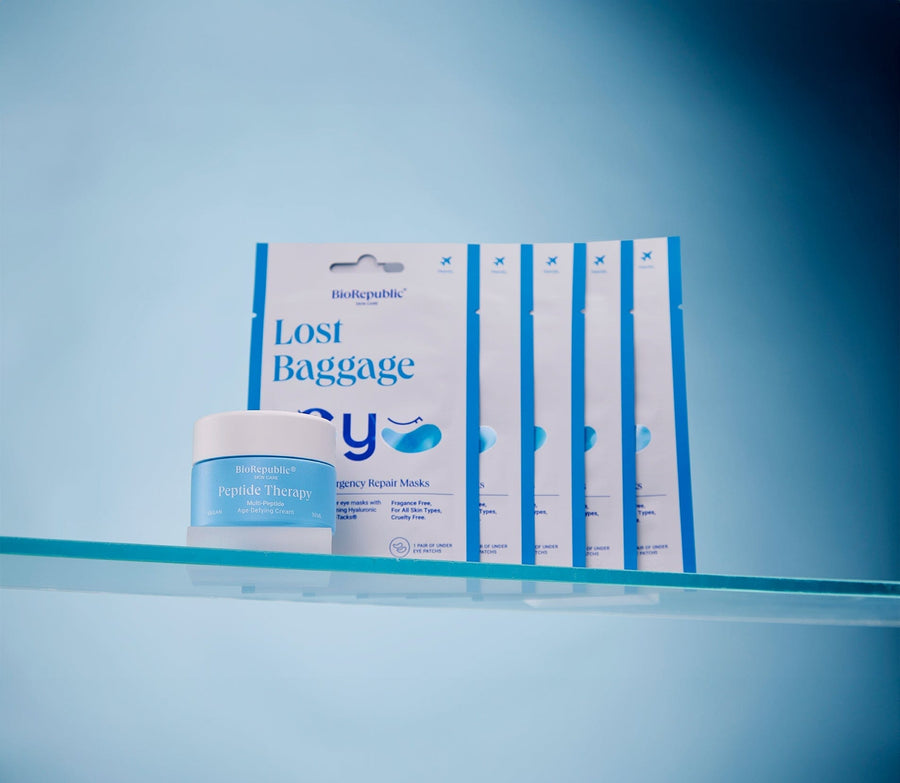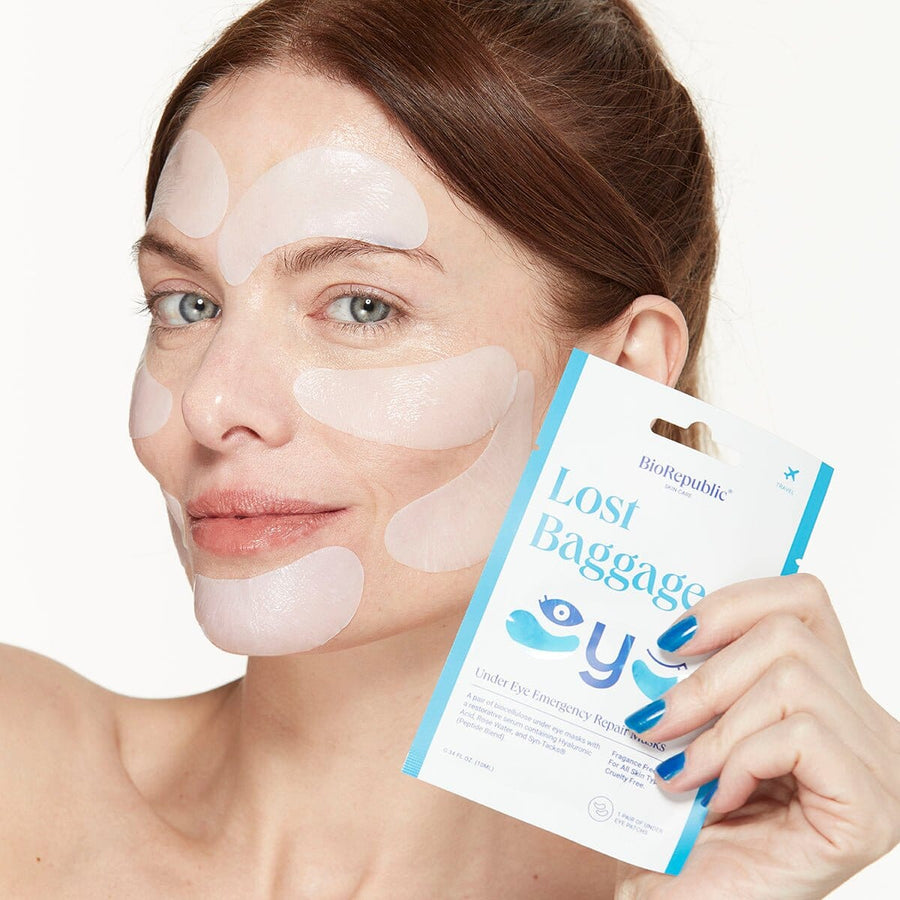Stress is something we all experience at times (especially right now). Stress doesn't just affect our minds, it affects our bodies and that, of course, includes our skin.
It's important to address stress as part of your overall strategy to stay healthy as well as your skin care strategy.
How Does Stress Affect Your Skin?
It all boils down to a hormone called "cortisol." Your body produces extra cortisol to fuel the "fight or flight" response when you are in danger. (In normal times, cortisol is involved in your sleep/wake cycle, blood pressure, and metabolism). When you sense danger, cortisol levels spike. This shuts down functions that get in the way, such as your digestive system, and puts all of your energy into dealing with the crisis.
The problem is when the crisis doesn't go away. Stress is essentially when our alarm system doesn't shut back off because we have a constant sense of being in danger; whether that danger is a boss who is constantly threatening to fire you, not having enough money, or fear of infectious disease. Stress leads to health problems that include insomnia, weight gain, memory problems, headaches, anxiety, and depression.
And, yes, it can start affecting your skin. One of the things elevated cortisol does is tell glands in your skin to make more oil. This leads to breakouts and acne. If you already have a skin problem, cortisol can make it worse. It can also make your skin thinner and cause your face to flush.
Then, there's the fact that if you're stressed out, you're much more likely to forget or not have time for parts of your normal skin care routine. You may also develop cravings for sugary or fatty food, resulting in stress eating and a less healthy diet that also isn't good for your skin. Lack of sleep also affects your skin's ability to renew itself overnight, and can contribute to those stress-related breakouts.
So, stress is really bad for your skin...as well as everything else.
How Do You Deal With Stress?
The best way to help stressed skin is to reduce your stress. Unfortunately, by its very nature, stress tends to be caused by those things we can't control. It's not always easy to change jobs, get away from relatives who drive you crazy, or find more money to pay the bills. Some stressful situations literally cannot be escaped.
While working on the source of your stress, thus, you need to work on techniques to manage your stress. Here are some tips:
- Exercise. It doesn't matter what kind of exercise you do, so choose activities you enjoy. Check with your doctor first if you haven't worked out in a while. Set aside time to exercise; it doesn't have to be the same time every day, but avoid exercising within four hours of bedtime as that can affect your sleep. If you have difficulty motivating yourself, get a workout buddy.
- Meditation. Meditation does work for most people. If you are not used to meditation, guided meditation is the best way to start. You can find guided meditation videos on YouTube or download an app on your phone. In guided meditation, an instructor will talk you through a series of visualizations. If meditation and exercise seem to be too much time, you can combine the two with yoga or walking meditations you can do in the local park.
- Sleep. Get enough sleep. Make sure that you go to bed and wake up at the same time every day, don't use your bed for anything other than sleep or intimacy (reading in bed can actually make your brain stop associating bed with sleep), and keep your bedroom quiet, dark, and slightly cool. If you have consistent difficulty sleeping, talk to your doctor.
- Eat healthy. If you are craving sugar because of stress, keep small fruit such as berries or grapes in the house and go for that before the cookies (the occasional cookie won't hurt you, but you don't want to be chain-snacking on them). Eat a balanced diet.
- Avoid alcohol. Don't try to self-medicate your stress with booze. There's nothing wrong with a glass of wine when enjoying a meal or beer with friends, but if you are particularly stressed, you should stay away from hard liquor and avoid drinking solo. Alcohol is only going to make you feel briefly better.
- See a therapist. There is nothing wrong and no shame in going to therapy. We have a lot of stigma about mental health, but a therapist can help you with more tools to manage stress.
Repairing the Effects of Stress
Managing stress will fix your skin in the long run, but you have a meeting and a breakout. What can you do? First of all, make your skin care routine a deep habit so you will do it even when you are having a terrible day or running late. Then you need to find products which help repair the effects of stress, bearing in mind that cortisol makes your skin more oily.
- Get an acne treatment with salicylic acid. Don't use too much (you can easily end up the other extreme).
- Use sunscreen every time you go outside. Sun damage can be cumulative with stress damage, and if your skin has been thinned by high levels of cortisol, you are more likely to burn.
- Choose products that include aloe. Aloe soothes irritated skin, provides vital nutrients, and helps restore the surface of your skin.
- Use an under eye repair mask or similar solution to remove dark circles caused by stress and loss of sleep. Hydrating the under eye area can make you look rested even if you aren't.
- Deploy a moisturizer with anti-inflammatory ingredients to reduce redness and itching.
The most important thing is to manage your stress, but you can also add things to your skin care routine that will help mitigate the effect of stress on your skin. Most importantly, use a good moisturizer, consider products containing aloe, and never forget your sunscreen.















